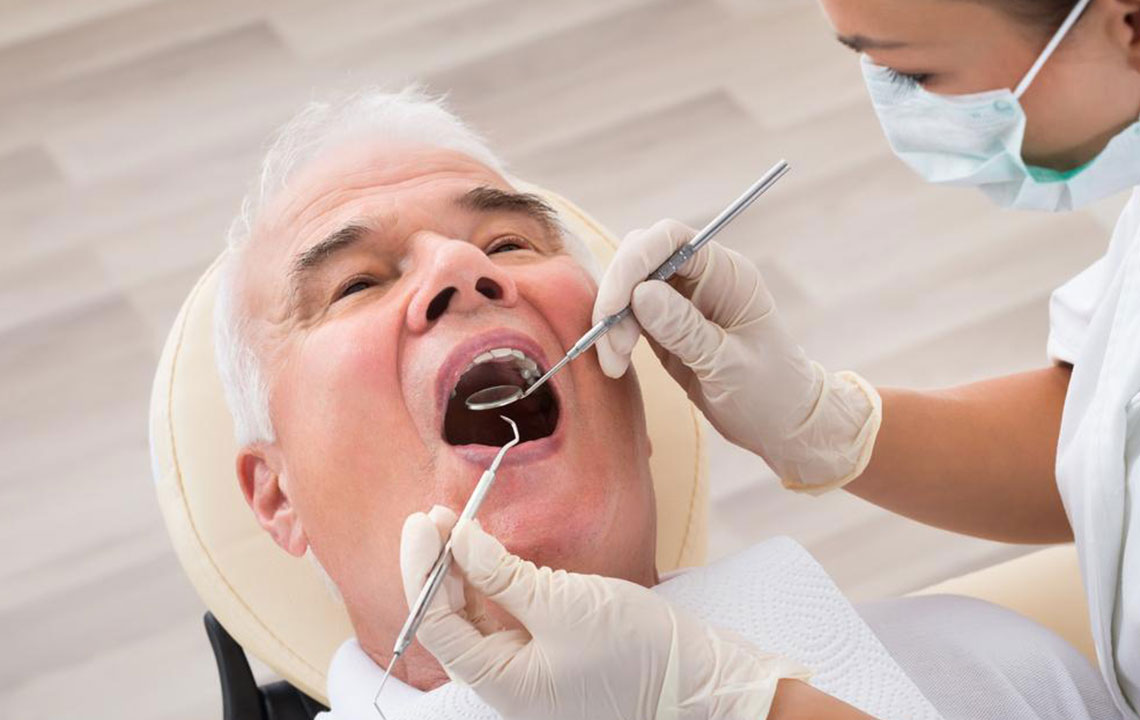Comprehensive Guide to Preventing and Managing Common Dental Problems
This comprehensive article provides vital strategies for preventing and managing common dental problems such as oral sores, enamel erosion, tooth pain, and bad breath. Emphasizing proper oral hygiene, dietary choices, and regular dental visits, it offers practical tips to maintain healthy teeth and gums. Learn how to identify early signs of dental issues and take proactive steps for effective treatment, ensuring your oral health remains optimal. Perfect for those seeking to improve their dental care routine and prevent costly procedures.

Comprehensive Guide to Preventing and Managing Common Dental Problems
Maintaining optimal oral health is a cornerstone of overall well-being and daily self-care routines. Dental issues, if neglected, can lead to discomfort, pain, and long-term oral health complications. From sensitive teeth and enamel erosion to persistent bad breath and oral sores, understanding how to prevent and address these problems is essential. This comprehensive guide explores effective strategies for maintaining healthy teeth and gums, highlights common dental problems, and provides practical tips to prevent and manage them effectively.
Understanding the Importance of Oral Hygiene
Good oral hygiene practices are the foundation of healthy teeth and gums. Regular brushing, flossing, and routine dental check-ups can significantly reduce the risk of cavities, gum disease, and other oral health issues. Proper brushing technique involves cleaning all surfaces of the teeth with fluoride toothpaste at least twice daily, along with flossing to remove plaque buildup between teeth. Using mouthwash can also help eliminate bacteria that cause bad breath and gum inflammation.
Maintaining consistent oral hygiene routines is crucial for preventing many dental problems. Pay close attention to your diet, as what you eat directly impacts your oral health. Limiting sugary and acidic foods can help prevent tooth decay and enamel erosion. Regular dental visits allow professionals to identify and treat issues early, saving you from more painful and costly procedures later.
Addressing Common Dental Problems
Oral Sores and Mouth Ulcers
Oral sores can develop anywhere inside your mouth, such as on your tongue, cheeks, lips, or the floor of your mouth. These sores, including canker sores, are often painful and sensitive. Factors such as stress, immune system deficiencies, hormonal changes, and nutritional deficiencies can contribute to their formation. Some sores are contagious, while others are not. Managing these sores involves avoiding irritants like hot, spicy, or acidic foods and drinks that can worsen discomfort. Topical treatments, such as over-the-counter antiviral ointments or soothing gels, can help reduce irritation and speed healing. Maintaining good oral hygiene and reducing stress levels can also play a vital role in prevention.
Enamel Erosion and Tooth Wear
Gradual loss of enamel can occur due to exposure to acidic foods, beverages, or harsh chemicals, leading to increased sensitivity and eventual tooth damage. Acidic drinks like citrus juices, sodas, and sports drinks are major contributors. To prevent enamel erosion, hydration is essential—saliva helps neutralize acids and protect teeth. It is advisable to limit the consumption of highly acidic beverages and avoid aggressive brushing, which can further wear down enamel. Chewing sugar-free gum containing xylitol can stimulate saliva production and aid in remineralizing teeth. Incorporating remineralization products and fluoride treatments recommended by dental professionals can also bolster enamel strength.
Tooth Pain and Decay
Toothache can be caused by decay, cavities, cracked teeth, or gum disease. Often, consuming sugary foods like candies, sodas, or baked goods promotes bacterial growth that leads to decay. Brushing and flossing regularly help prevent plaque buildup and bacterial infiltration. Persistent pain warrants immediate dental consultation, as untreated decay can lead to abscesses and more severe infections. Dentists may recommend fillings, root canals, or other restorative procedures to eliminate the source of pain and restore oral health. Maintaining regular dental visits is crucial for early detection and prevention of more advanced problems.
Managing Persistent Bad Breath
Halitosis, or persistent bad breath, can stem from multiple underlying causes such as poor oral hygiene, gum disease, dry mouth, or bacterial overgrowth. Effective management includes maintaining proper oral hygiene habits: brushing twice daily, flossing, and using mouthwash to reduce bacterial populations. Regular dental check-ups are vital to treat issues like gingivitis or cavities, which can contribute to bad odors. For dry mouth, staying well-hydrated and using saliva substitutes can help. Addressing underlying health or dental issues promptly is key to sustaining fresh breath and overall oral health.
In conclusion, a proactive approach combining diligent oral hygiene, dietary awareness, and regular dental visits can vastly reduce the risk of common dental issues. Recognizing early signs and seeking timely professional care ensures that problems are managed effectively, preventing pain, discomfort, and more serious complications. Educating yourself about dental health and implementing these practical strategies can help you enjoy a healthier, pain-free smile for years to come.





